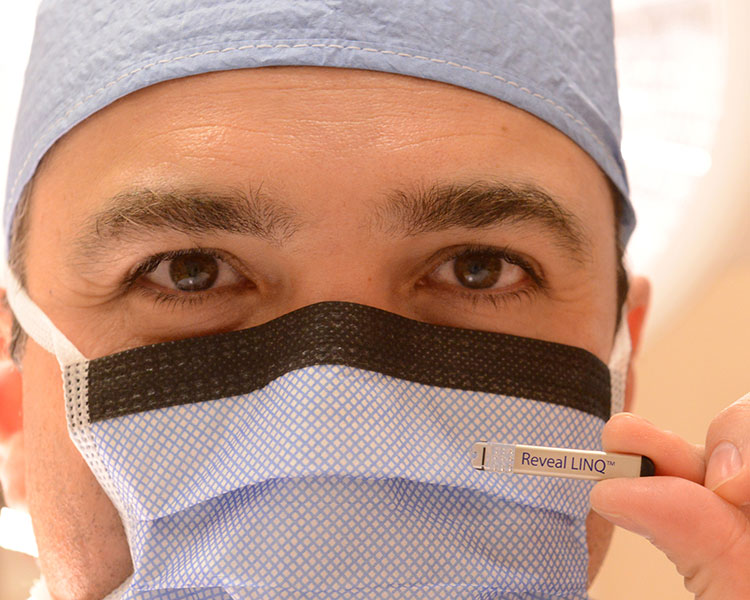
"If you or a loved one has had a stroke, and we suspect Afib as the culprit, we may want to monitor your heart to determine how often and how long Afib is occurring," Dr. One possibility is Afib, when your heart's upper chambers and lower chambers are beating out of sync, often with no symptoms. Often called the silent killer, strokes occur when something blocks blood flow to the brain or causes bleeding in the brain. Knowing that a patient has Afib offers options to reduce stroke risk. Placed on a blood thinner, the woman made a complete recovery and today has the chance to avoid future strokes and remain actively engaged in her day-to-day activities. Called a loop recorder, the device allowed the patient's cardiologist to continuously track the woman's heart rhythm, and within three months, he diagnosed atrial fibrillation (Afib).

#Heart monitor implant skin
Zach decided to implant a heart monitor about the size of a flash drive just beneath the skin in the patient's upper left chest.

"This was quite alarming because she could potentially suffer another stroke that could disable or even kill her."ĭr. "Prior to her release from the hospital, we did an extensive workup that didn't reveal the cause of her stroke," said Victor Zach, MD, a neurointensivist who's an independent member of the HonorHealth medical staff. Fortunately, she gets to the ER immediately, is diagnosed with a stroke and is treated with a clot-busting medication. An active 62-year-old woman suddenly experiences slurred speech, an inability to produce new words and paralysis of her right arm.


 0 kommentar(er)
0 kommentar(er)
